My theses focus on game development with industry-standard tools, mainly Unreal Engine, but also Vulkan, Blender, or the Oculus SDK (note that I just have 3 Oculus headsets). Of course I am open to your requests, as long as it is possible and feasible. Ask yourself: What do I want to learn?.
In the end? Do something you love!

Grass Rendering
Procedural grass rendering shaders in UE5.

Fracture Mechanics
Dynamic mesh fracturing in Unreal Engine 5.
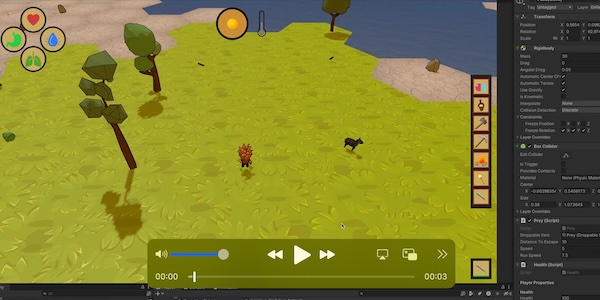
Videogame AI
Reinforcement learning in videogames.
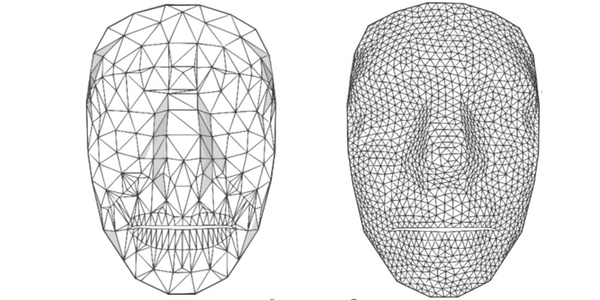
Remeshing
Create better behaving meshes.

Generative AI
As a painter it is intriguing to play with image generators. What can they do, and is that artistic value in these images? Let's see what these models can do.
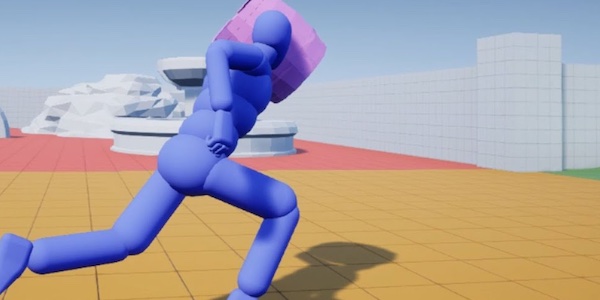
Physics Engines
Elastic analyses and simulations are employed in movie renderers, videgames, and of course, engineering software. Although is seems simple, there are still cool problems to be tackled.

Virtual Reality
Virtual Reality, along with AR, MR, XR and so on, can be a good candidate for some interesting theses on both videogames and professional visualization. Yes, we have a Quest 3 for you.
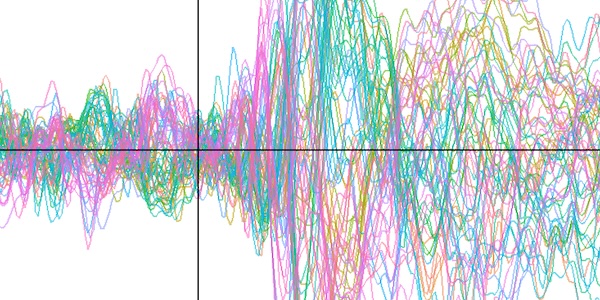
Rendering
How fast can we render 2D images and animations? And how fast and realistically can we render 3D objects? We can find out with some libraries or game engines.
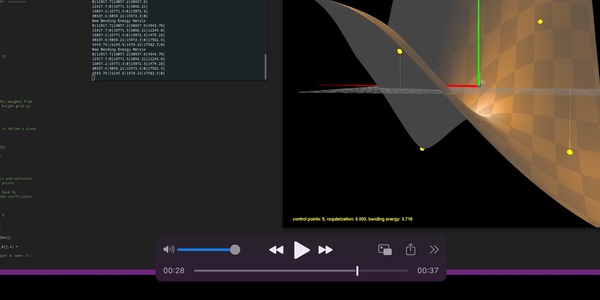
Thin-Plate Spline
Interpolating meshes to produce a smooth animation.

Laser Beams
Particles moving in a fluid.
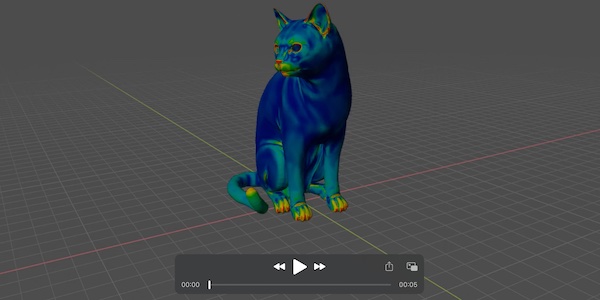
Geometric Animation
Animating meshes via geometric properties.
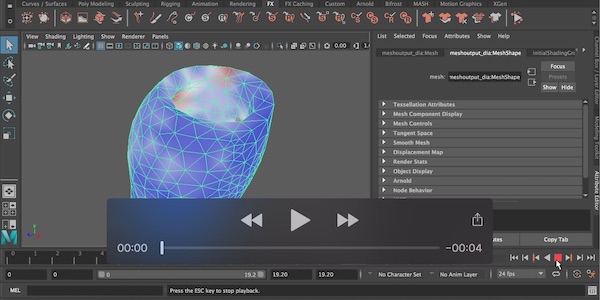
Ventricle Animation
Non linear elastic heart animation with Finite Elements.

Dissipation & Data Structures
Cache-oblivious data structures on power dissipation.

Morphing Meshes
Animation poses using reference meshes.

Particles
Particle animation with custom fluid engine.















